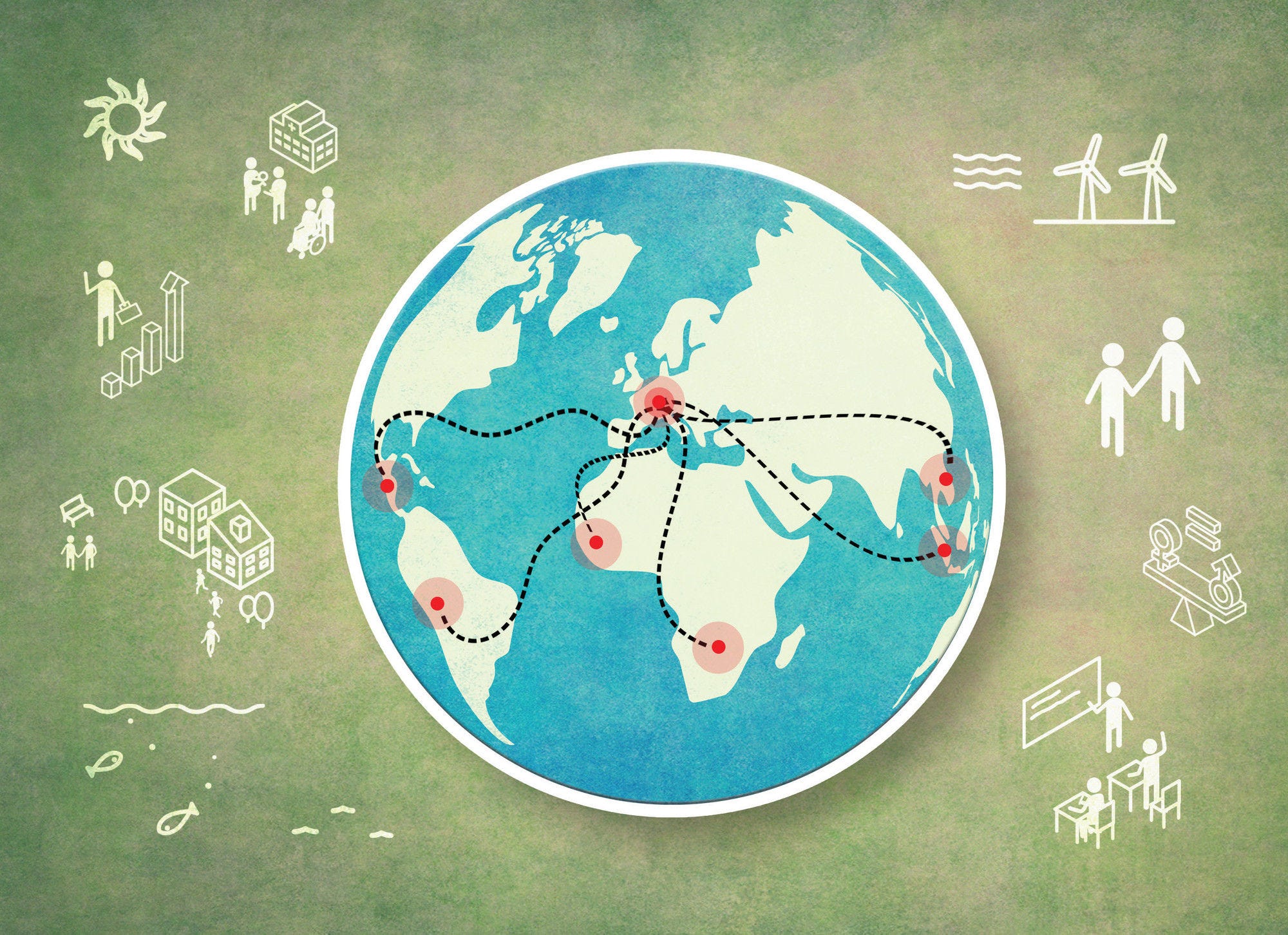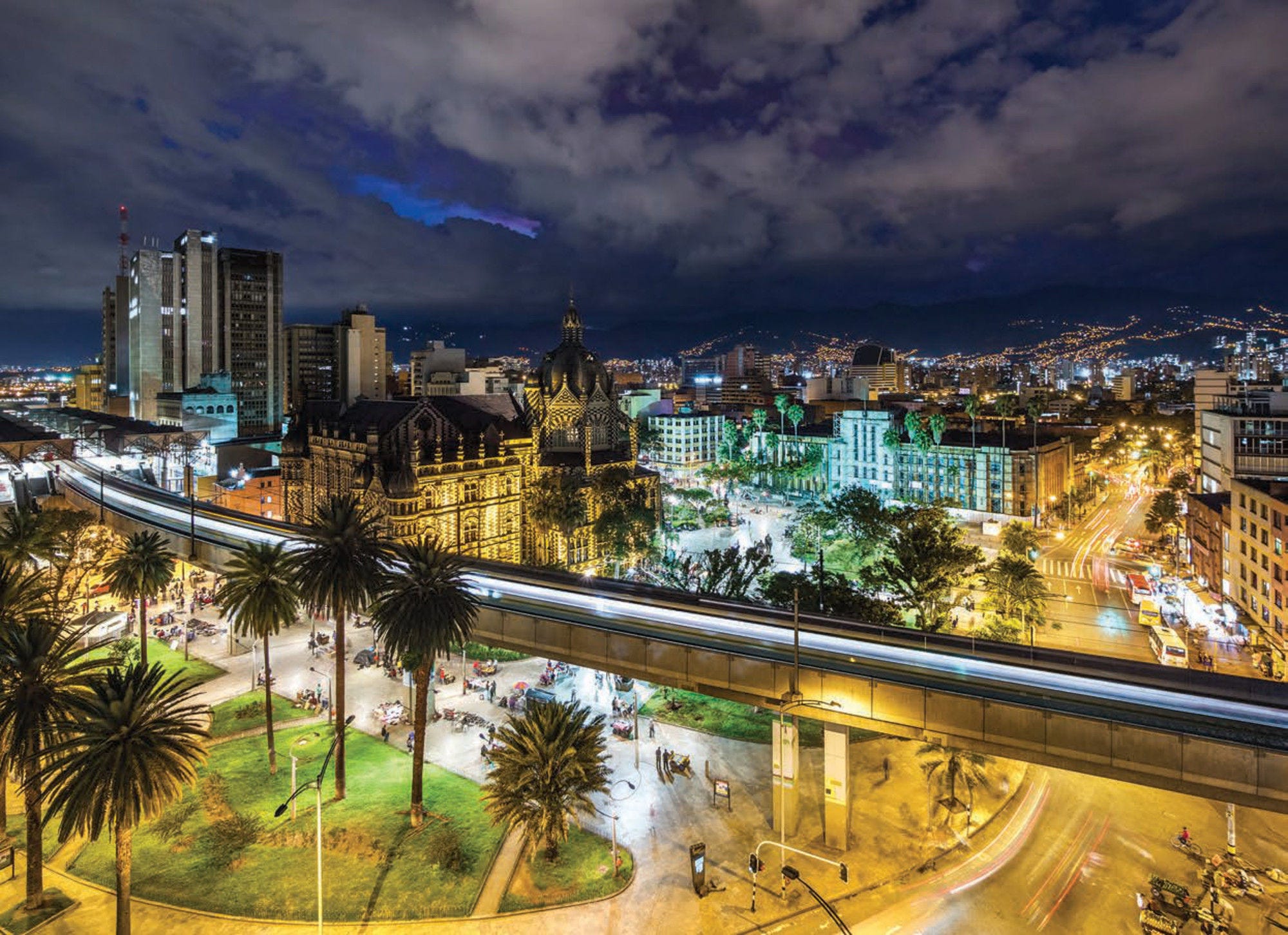The City of Groningen is the biggest urban centre of a prevalently rural region and hosts the youngest population in the Netherlands. The presence of renowned universities, the high number of students and a fast growing start-up scene alongside a vibrant business and innovation environment, make Groningen a knowledge hub for the region. Since the Dutch national cabinet decided to phase out natural gas production by 2022, Groningen has intensified its regional leading role in the energy transition aiming to become energy neutral by 2035, according to which the energy demand is met entirely by renewables. In 2018, the Municipal Council took the unanimous decision of making the circular economy a priority for the city, identifying three priority areas: public procurement, waste and knowledge. This case study presents the state of the art of the circular economy in Groningen, the main challenges for designing a circular economy strategy and the ways forward for the city’s circular transition.
The Circular Economy in Groningen, the Netherlands
Report
OECD Urban Studies

Share
Facebook
Twitter
LinkedIn
Abstract
Executive Summary
In the same series
Related publications
-
30 July 2024
-
 Country note10 July 2024
Country note10 July 2024









